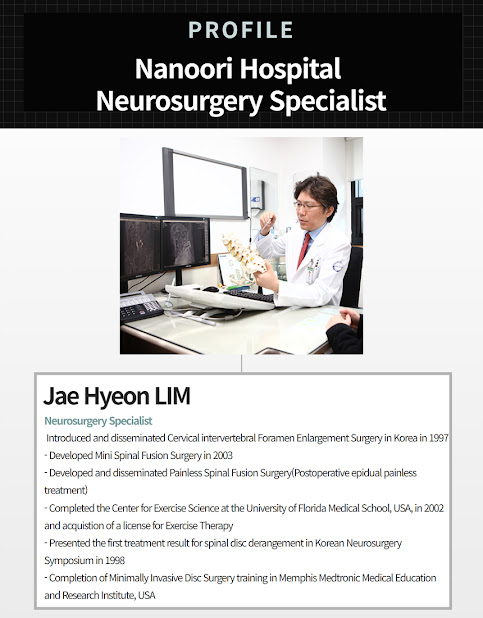What is TKR?
Exploring Knee Replacement Surgery
The knee is one of the largest joints in the body and plays a crucial role in daily activities. However, as we age or due to injury, the knee joint can become damaged, leading to pain and discomfort. In such cases, knee replacement surgery may be necessary.
Definition of Knee Replacement Surgery
A knee replacement is a medical device used to replace a damaged natural joint. It is typically made of metal and plastic and is designed to fit the patient’s knee. This device is primarily used when cartilage is damaged due to degenerative arthritis or trauma.Reasons for Knee Replacement
Knee replacement surgery may be necessary for several reasons. First, it is needed when cartilage wears away due to degenerative arthritis, causing severe pain and difficulty in performing daily activities. Second, it may be required if the joint is damaged by external impact or injury. Finally, it is often needed when non-surgical methods, such as medication or physical therapy, fail to provide improvement.Knee Replacement Surgery Procedure
The surgery is typically performed under general or local anesthesia. The surgeon first removes the damaged cartilage and bone, then inserts a customized artificial joint in its place. This process usually takes about 1 to 2 hours, after which the patient is monitored in the recovery room for a certain period.Post-Surgery Rehabilitation and Care
Rehabilitation is essential after surgery. Initially, the patient starts with simple exercises guided by a physical therapist, gradually increasing in intensity. Regular check-ups are also necessary for pain management and infection prevention.The rehabilitation period varies depending on the individual’s condition but typically ranges from a few weeks to several months. Consistent exercise and care during this period are crucial for a return to normal life.
Advantages and Disadvantages of Knee Replacement
The main advantage of knee replacement is pain relief and functional recovery. Many patients experience a significantly improved quality of life after surgery.However, there are also disadvantages. For example, some patients may be at risk of infection or complications, and over time, the artificial joint itself may wear out.
Conclusion and Recommendation
In conclusion, knee replacement surgery can be an effective treatment for many people, but it should be carefully considered based on individual circumstances. If you are experiencing persistent pain or discomfort, it is advisable to consult a specialist.



Comments
Post a Comment